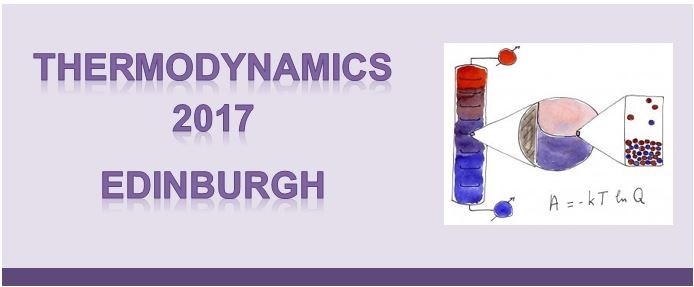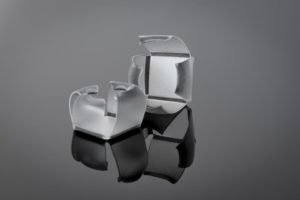The Thermodynamics 2017 conference, held at the John McIntyre Conference Centre, will be the 25th meeting in a series of biennial thermodynamics conferences initiated in 1964 by Harold Springall, championed throughout the 1960s and 1970s by Max McGlashan and Sir John Rowlinson.
The format of the conference is based on invited lectures, oral presentations, short presentations and poster prizes, supported by Soft Matter. A number of awards will be given to recognised researchers and young scientists. The conference aims to attract about 200 researchers and presenters from academia and industry from around the world. In 2017, the main themes of the conference will include Advances in molecular simulation; Interfacial and confined phenomena; Engineered self-assembly; Carbon capture and other industrial applications; Non-equilibrium thermodynamics; Challenges and advances in fluid phase equilibria.
Plenary speakers confirmed:
Prof. Debra Bernhardt (University of Queensland, Australia)
Prof. Pablo Debenedetti (Princeton University, USA)
Prof. Ruth Lynden-Bell (University of Cambridge, UK)
Dr Francois-Xavier Coudert (Institut de Recherche de Chimie Paris, France)
Prof. Martin Trusler (Imperial College London, UK)
Prof. Carlos Vega (University Complutense of Madrid, Spain)
Prof. Nigel Wilding (University of Bath, UK)
Registration and abstract submission is now open – click here to register, or find out more on the Thermodynamics website.














